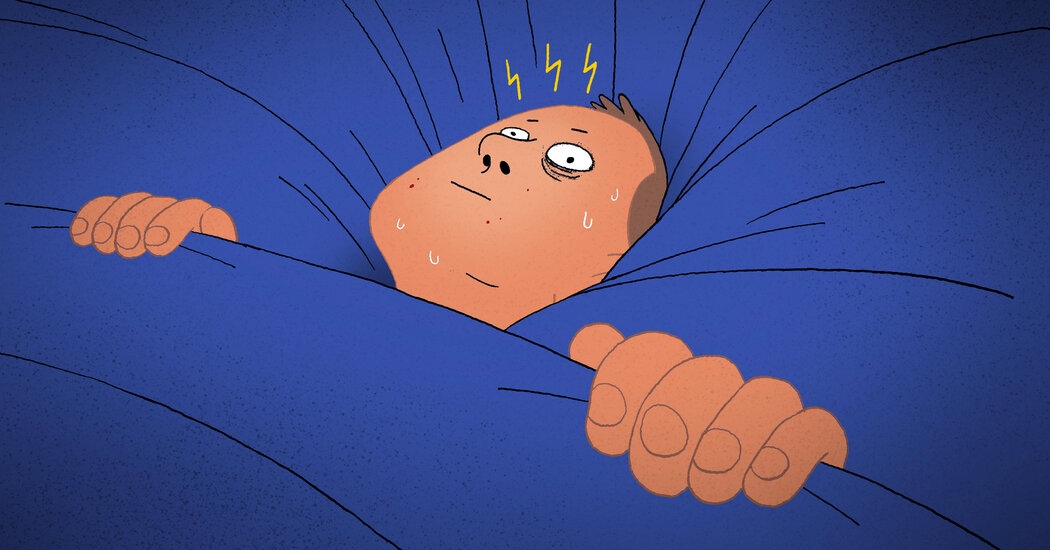
Changes in eating habits — either eating more or less than usual — can also be a sign of burnout: In the study of Italian health care workers, 56 percent reported changes in food habits. People might eat less because they’re too busy or distracted, or they might find themselves craving “those comfort foods that we all like to go to when we need something to make us feel better,” Dr. Bennett said. Research suggests, too, that stress hormones can affect appetite, making people feel less hungry than usual when they’re under a lot of stress, and more hungry than usual when that stress alleviates.
Headaches and stomachaches can also be incited by burnout, Dr. Gold said. One study of people in Sweden suffering from exhaustion disorder — a medical condition similar to burnout — found that 67 percent reported experiencing nausea, gas or indigestion, and that 65 percent had headaches. It’s also important to note that burnout can develop alongside depression or anxiety, both of which can cause physical symptoms. Depression can cause muscle aches, stomachaches, sleep issues and appetite changes. Anxiety is linked to headaches, nausea and shortness of breath.
What to do
If you’re experiencing physical symptoms that could be indicative of burnout, consider seeing your primary care doctor or a mental health professional to determine whether they are driven by stress or rooted in other physical conditions, Dr. Dyrbye said. Don’t just ignore the symptoms and assume they don’t matter.
“It’s really easy to blow off your own symptoms, especially in our culture, where we’re taught to work hard,” Dr. Gold said.
If it is burnout, then the best solution is to address the root of the problem. Burnout is typically recognized when it is job-driven, but chronic stress can have a variety of causes — financial problems, relationship woes, and caregiving burdens, among other things. Think about “the pebbles in your shoe all the time that you have to deal with,” Dr. Maslach said, and brainstorm ways to remove some of them, at least some of the time. Perhaps you can ask your partner to help more with your toddler’s bedtime routine, or get take-out when you’re especially busy so you don’t have to plan dinner, too.
Despite popular culture coverage of the issue, burnout can’t be “fixed” with better self care, Dr. Maslach said — in fact, this implication only worsens the problem, because it lays the blame and responsibility on those with burnout and implies that they should do more to feel better, which is not the case, she said. However, some lifestyle choices can make burnout less likely. Social support, for instance, can help, Dr. Gold said. This could include talking to a therapist or meeting with friends (even if over Zoom). It may also help to take advantage of mental health or exercise benefits offered by your employer. Sleeping more can help too — so if you’re suffering from insomnia, talk to a doctor about possible treatments, Dr. Bennett suggested.
When burnout stems from job-related woes, it may help to request better working conditions. Dr. Maslach suggested brainstorming with co-workers and presenting your employer with ideas that would help — like providing quiet areas for breaks and personal phone calls, creating “no meeting” days so that employees can have more time to focus, or ensuring that there’s always coffee in the break room. Even small changes like these can make a dent in the risk for burnout if they fix a problem people face at work every day. “It’s the chronic job stressors that drive people really nuts after a while — they don’t have the right equipment, they don’t have the things they need, they don’t have enough people to do the work,” Dr. Maslach said.







